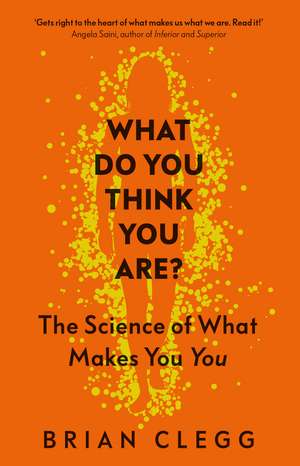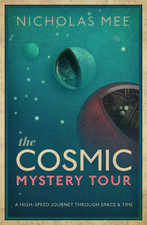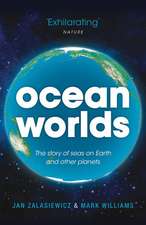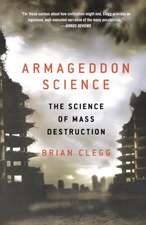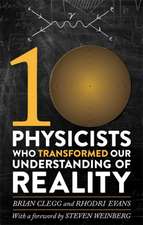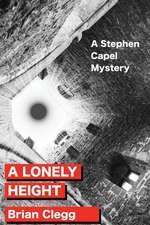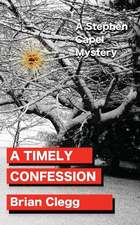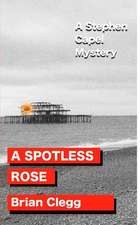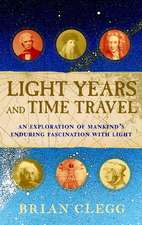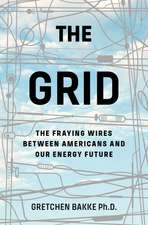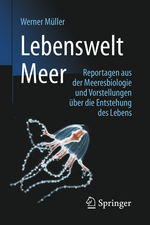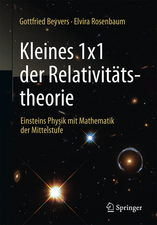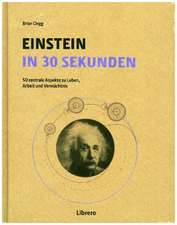What Do You Think You Are?: The Science of What Makes You You
Autor Brian Cleggen Limba Engleză Paperback – 6 ian 2021
| Toate formatele și edițiile | Preț | Express |
|---|---|---|
| Paperback (1) | 63.60 lei 3-5 săpt. | +9.39 lei 5-11 zile |
| Icon Books Ltd – 6 ian 2021 | 63.60 lei 3-5 săpt. | +9.39 lei 5-11 zile |
| Hardback (1) | 82.93 lei 3-5 săpt. | +13.10 lei 5-11 zile |
| Icon Books Ltd – 5 aug 2020 | 82.93 lei 3-5 săpt. | +13.10 lei 5-11 zile |
Preț: 63.60 lei
Nou
Puncte Express: 95
Preț estimativ în valută:
12.17€ • 12.66$ • 10.05£
12.17€ • 12.66$ • 10.05£
Carte disponibilă
Livrare economică 24 martie-07 aprilie
Livrare express 08-14 martie pentru 19.38 lei
Preluare comenzi: 021 569.72.76
Specificații
ISBN-13: 9781785786600
ISBN-10: 1785786601
Pagini: 288
Dimensiuni: 129 x 198 x 24 mm
Greutate: 0.23 kg
Editura: Icon Books Ltd
Colecția Icon Books Ltd
Locul publicării:London, United Kingdom
ISBN-10: 1785786601
Pagini: 288
Dimensiuni: 129 x 198 x 24 mm
Greutate: 0.23 kg
Editura: Icon Books Ltd
Colecția Icon Books Ltd
Locul publicării:London, United Kingdom
Notă biografică
| Brian Clegg’s most recent books for Icon are Professor Maxwell’s Duplicitous Demon and Conundrum. He has also written Big Data and Gravitational Waves for the Hot Science series. He is editor of popularscience.co.uk and blogs at brianclegg.blogspot.com. |
Recenzii
'What's
great
about
the
book
overall
is
both
Clegg's
gift
as
a
storyteller
-
it's
just
an
excellent,
pageturning
read
-
and
the
way
he
threads
together
so
many
revelations
about
us
as
humans,
the
sort
of
thing
that
you
want
to
share
with
someone
else.'
'The most interesting part is when the book explores what consciousness is (or, rather, highlights how little we know about it but still shows how much more there is to "us" than the conscious part) and pulls apart the old nature versus nurture debate with some remarkable material on genetics and how the influence of our environment is mathematically chaotic.'
'The most interesting part is when the book explores what consciousness is (or, rather, highlights how little we know about it but still shows how much more there is to "us" than the conscious part) and pulls apart the old nature versus nurture debate with some remarkable material on genetics and how the influence of our environment is mathematically chaotic.'
